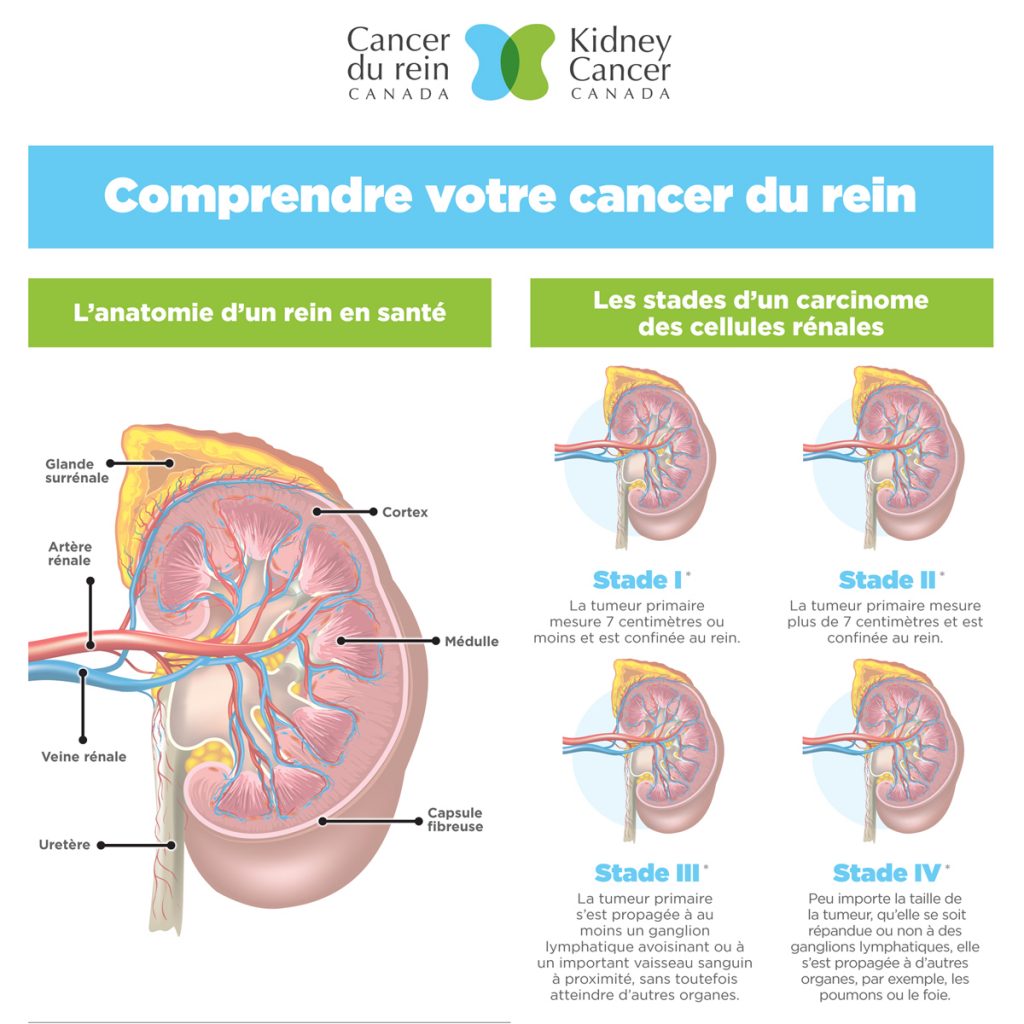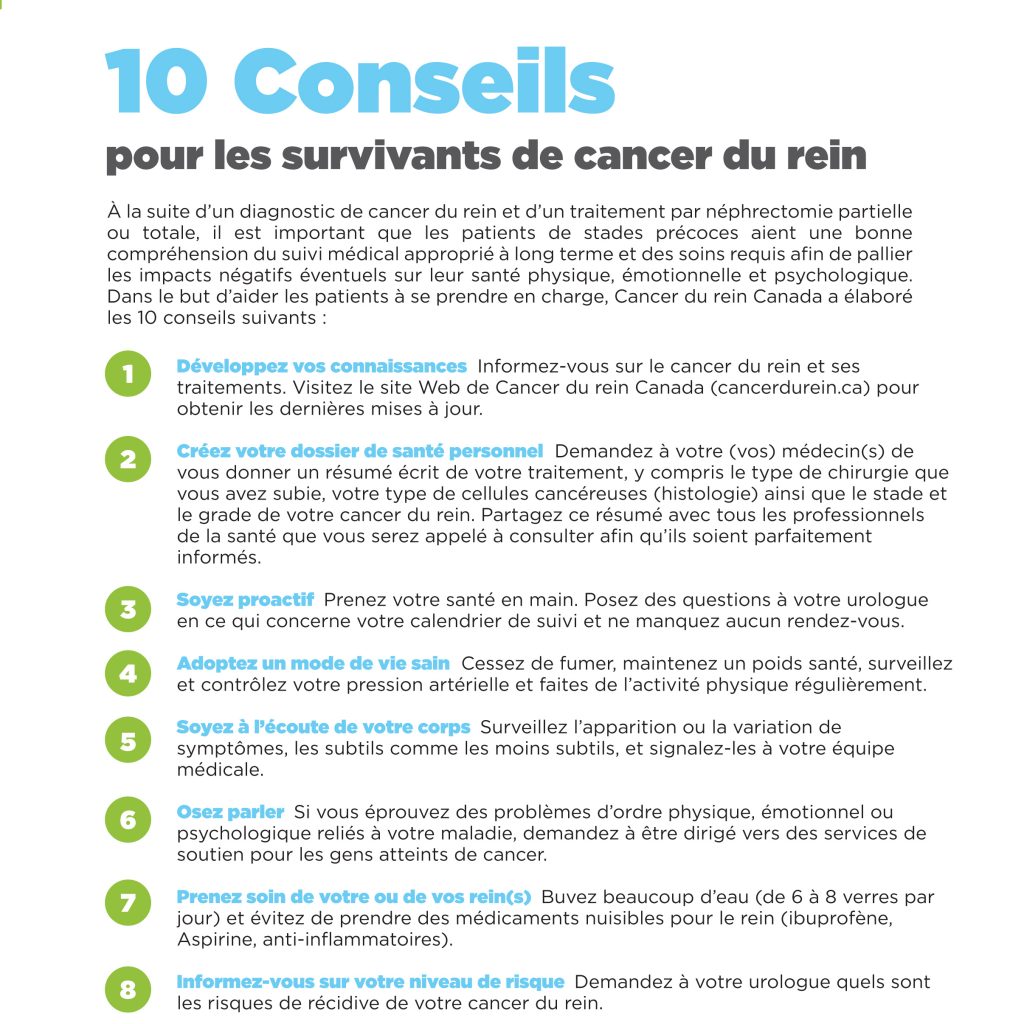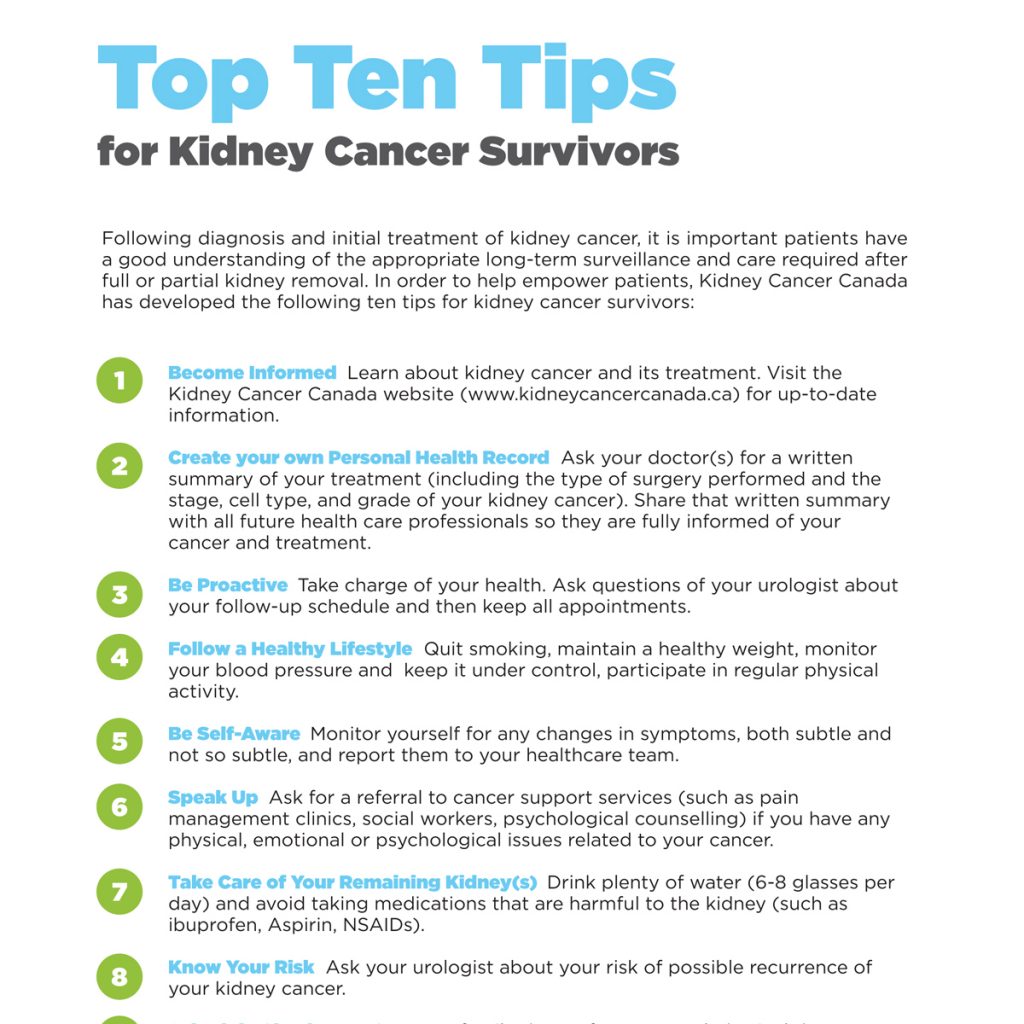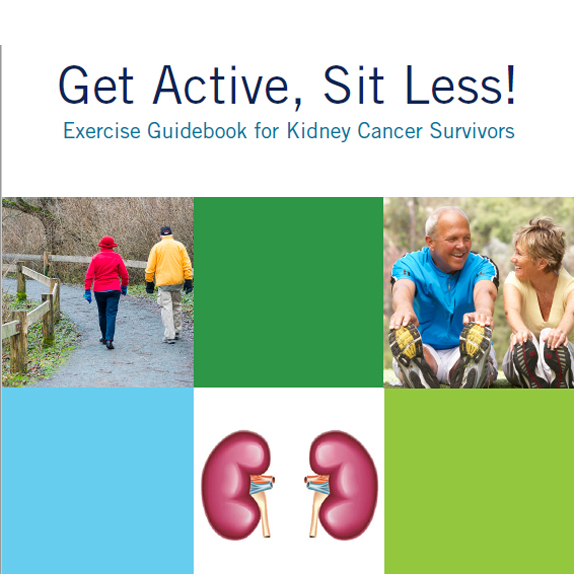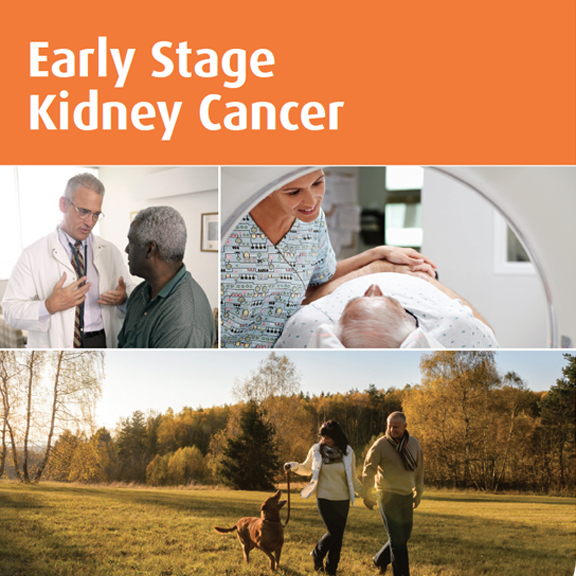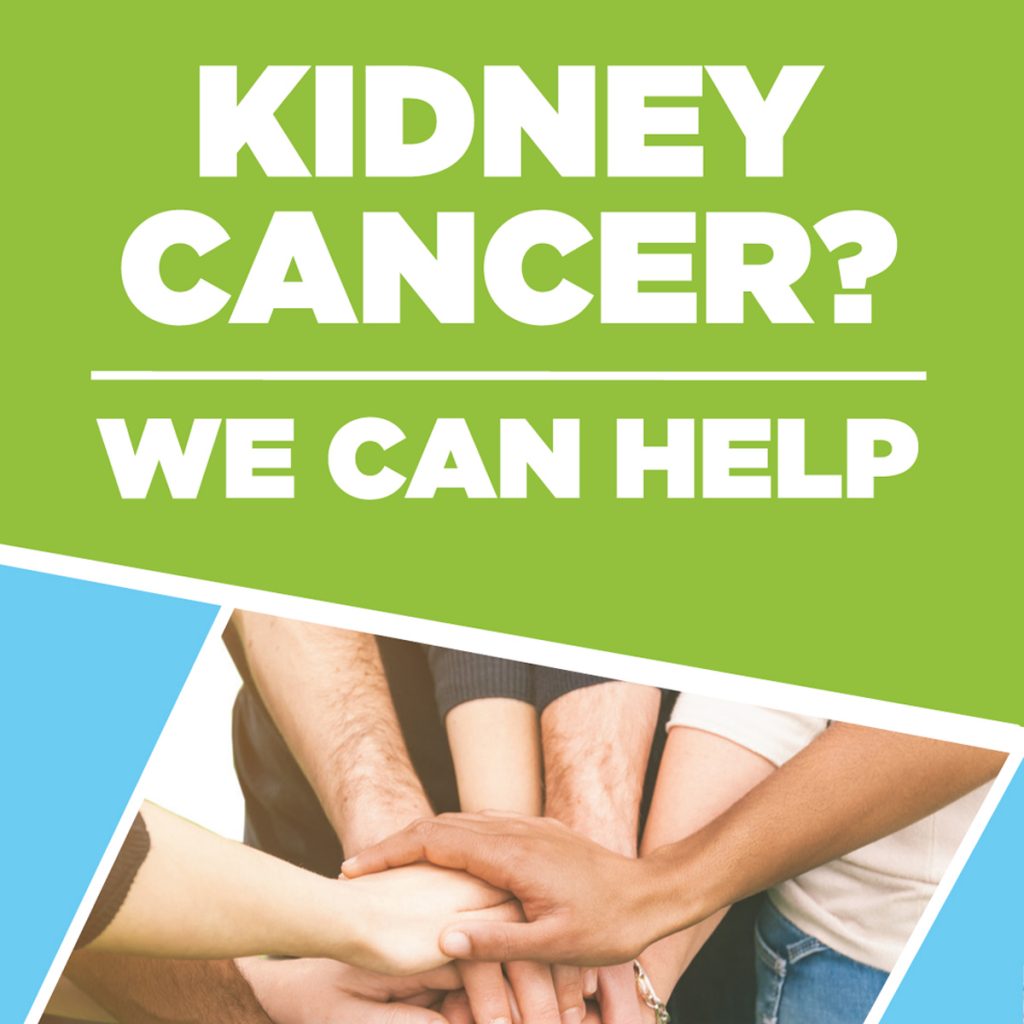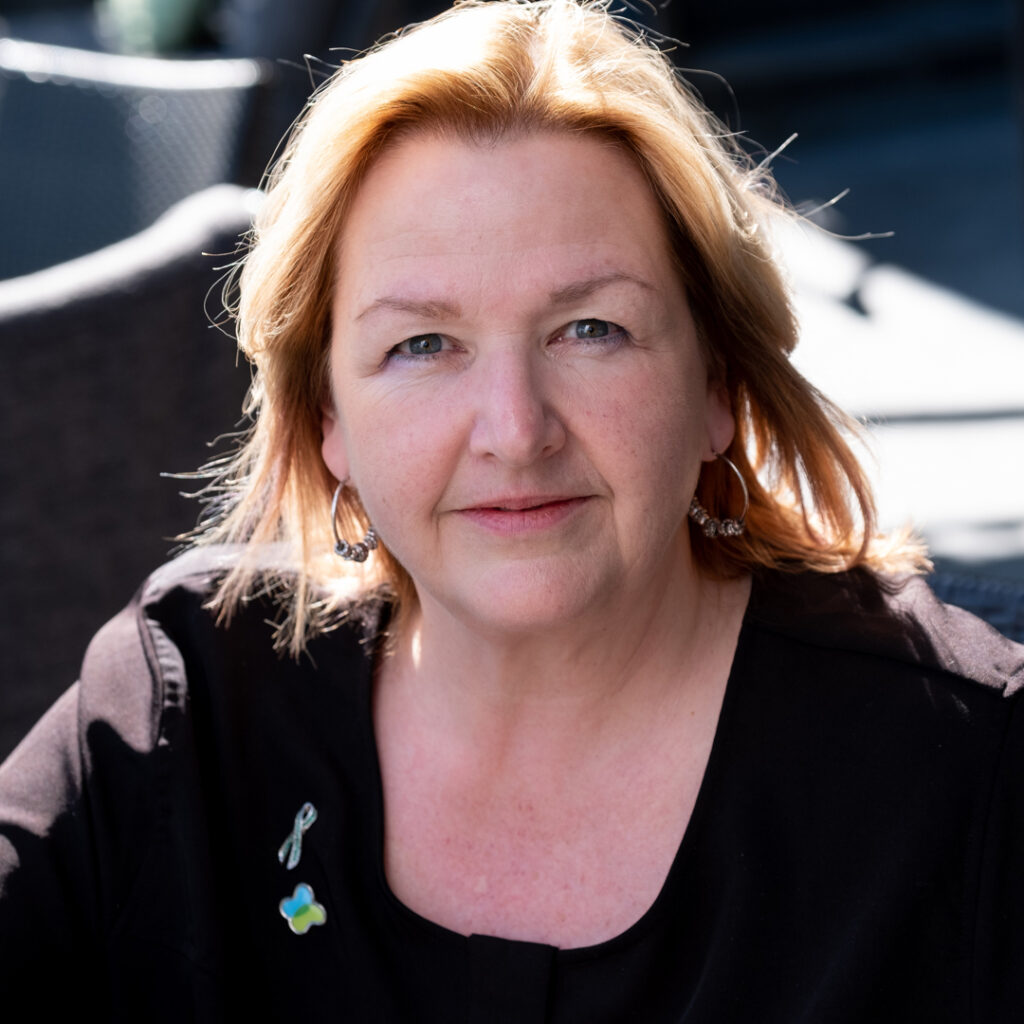Cancer patients celebrate new program for take-home cancer medications in Nova Scotia
— Province’s investment into the cancer system could eliminate financial hardship for patients —
[CanCertainty] Halifax, Nova Scotia, September 27, 2017 – The CanCertainty Coalition, the united voice of 35 Canadian cancer organizations, applauds the McNeil Government’s decision to address the funding gap for takehome cancer medications and eliminate much of the financial hardship and related stress that patients in the province face, as announced in Tuesday’s budget.
“This is a major breakthrough for patients and their families across the province,” says Mary Lou a Robertson consultant on drug treatment access and longtime supporter of the Cancertainty Coalition.
“CanCertainty looks forward to working with the Ministry of Health and Wellness to ensure that all cancer patients in Nova Scotia can now get their prescribed cancer medications in a safe, timely and equitable way.”
Up until now cancer patients in Nova Scotia had faced the highest out-of-pocket costs in Canada for take-home cancer medication, as well as significant administrative delays in starting their critical, lifesaving treatments.
The CanCertainty Coalition, along with oncologists, patients, caregivers and concerned citizens across the province, has been working to encourage the government to treat take-home and hospital administered cancer treatments on an equal basis, regardless of the patient’s private insurance status, age, or income. In April 2017, the CanCertainty Coalition presented a health economist’s budget impact analysis that indicated the funding gap could be closed with an additional $1.8 million. On Tuesday, the initial allocation of $846,000 was committed, along with an additional $2 million for each of two subsequent years.
“The people of Nova Scotia want better cancer care and our call was answered,” says Derek Lesser of Yarmouth, co-founder of the Western NS Cancer Support Network and a concerned father. “This decision not only affects the people living with cancer today, but also all those who will sit in their doctor’s office and hear that diagnosis in the future. Sadly, too many Nova Scotians are touched by cancer in their family. No one should face a financial penalty just because their cancer medication can be taken at home in their community.”
One in two Canadians will face a cancer diagnosis in their lifetime and Nova Scotia has the second highest rate of cancer mortality when compared to other provinces.i
Traditionally all cancer treatments were administered to patients by an IV in the hospital. Over the past 10 years, an increasing number of effective cancer treatments can be taken at home by pill or injection. Take-home cancer medications are now a fundamental part of today’s cancer treatments and the majority of cancer patients today will require a take-home cancer drug.ii
“I heard yesterday that the Nova Scotia government was following up on our request to help those cancer patients who cannot afford their cancer drugs because they are given by mouth instead of intravenous. Covering copays and deductibles will certainly go a very long way to helping these patients and getting our province closer to the way these patients are covered in the Western provinces. I congratulate them for this step forward,” says Dr. Bruce Colwell, Medical Oncologist at QEII Health Science Centre and a member of the delegation that met with Nova Scotia’s Minister of Health in December 2016.
About the CanCertainty Coalition
The CanCertainty Coalition is the united voice of 35 Canadian patient groups, cancer health charities, and caregiver organizations from across the country, joining together with oncologists and cancer care professionals to significantly improve the affordability and accessibility of take-home cancer treatments. For more information and to view our list of members, visit www.CanCertainty.com.
i Canadian Cancer Society Statistics, 2017
http://www.cancer.ca/~/media/cancer.ca/CW/cancer%20information/cancer%20101/Canadian%20cancer%20statistics/Canadian-Cancer-Statistics-2016-EN.pdf?la=en . Accessed on April 25, 2017.
ii Beca J, Gavura S. Shifting trends: an analysis of the use of intravenous and take-home cancer drugs and public spending in Ontario. CADTH Symposium 2017.
































